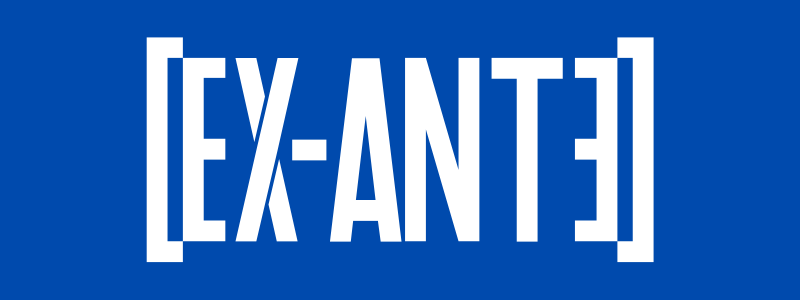We invite you to read the column written by our Tax Group Director, Andrea Bobadilla, on the new paradigm of tax governance through tax sustainability.
Just as environmental policies that promote sustainable practices have been adopted in industry, we are also beginning to understand that our compliance and auditing strategies must be sustainable over time, moving from a reactive model to a preventive, strategic and collaborative one, reinforcing trust between the State and the private sector.
Because, despite having more and better control tools through computer systems and bank secrecy waivers, new and more sophisticated forms of evasion and non-compliance will always arise, which is why tax sustainability is a long-term tool or principle.
Chile, a pioneer in our continent, has begun to advance in this area, incorporating standards that promote not only tax collection, but also transparency, cooperation and the strengthening of the relationship between the taxpayer and the Internal Revenue Service (SII).
However, despite how broad the concept may seem, we should not be surprised that its initial application in our country is gradual, being limited at first exclusively to what is established in the tax regulations. In concrete terms, this principle has been defined through Circular No. 6 of 2025, materialized by Resolutions No. 70, 71 and 72, in which the SII specified the procedures to certify companies as tax sustainable or to sign cooperation agreements with business groups.
However, if we look at the comparative experience in more developed countries in this matter, such as England, Spain and Australia, we should not be surprised that this concept evolves. In those latitudes, tax sustainability has been consolidated as a true guiding principle, which seeks to overcome the classic “cat and mouse” logic, which for decades has characterized tax auditing, to give way to a more collaborative model. In this new scheme, those who collaborate and provide truthful and timely information not only receive a deferential treatment from the tax administration, but can also obtain a visible recognition before third parties: a true seal of transparency, a credential of trust, a real added value.
Because, just as no one argues that a company with a pending litigation with the SII is worth less than one that does not, we should also understand that a sustainable company in tax terms, well evaluated by the SII, should also have a greater value in the eyes of investors and third parties. In this new paradigm, tax compliance ceases to be merely a duty to pay taxes and becomes a form of responsible and consistent management of a company’s tax contribution.
From my perspective, this scenario, although not free of challenges, especially considering our South American idiosyncrasy, represents a concrete opportunity. If the State and the private sector do things right, it will be possible to build more mature relationships, generate trust and consolidate a tax culture more aligned with the principles of integrity and sustainable development.
As with an electric vehicle, whose benefits are not perceived immediately, but in the medium and long term through savings and efficiency, the same applies to tax sustainability. Companies that comply with high standards and manage to position themselves within the select group of fiscally sustainable companies will not only gain recognition before the SII, but also before potential investors, national or foreign, thanks to that differentiating seal that, in short, translates into a higher valuation.
Column written by:
Andrea Bobadilla | Director Tax Group | abobadilla@az.cl




